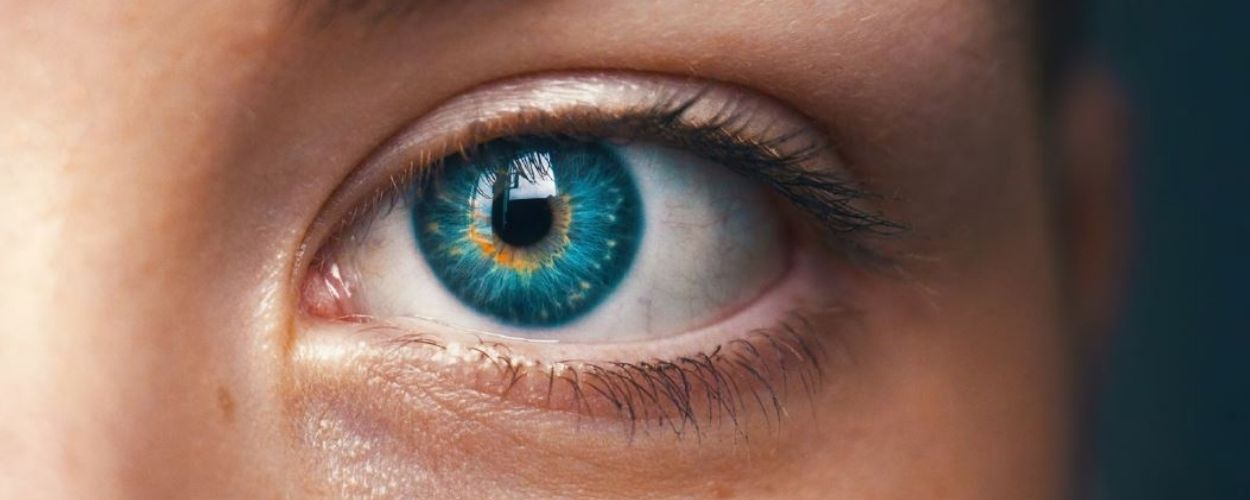Researchers from Queen's in collaboration with international partners are pushing advances in diabetic retinopathy creating a sustainable model to reduce blindness and visual impairment.
Research Challenge
Ocular complications from diabetes are one of the leading causes of vision loss in working-age adults worldwide. Current evidence-based care is remarkably effective, and when delivered in a timely and appropriate manner, reduces the risk of visual loss to less than two per cent.
Outside the UK, only 18-60 per cent of persons with diabetes undergo annual diabetic retinopathy examinations, usually by dilated retinal examination by eye-care professionals. Due to disparities in health care delivery, over half of patients with diabetes do not receive appropriate eye care.
Our Approach
The unique ability of tele-ophthalmology initiatives to contribute to innovative eye care delivery is fundamental to the future global delivery of accessible, cost-effective, and high-quality eye-care. Well-planned and effectively executed telemedicine programmes for diabetic eye disease have been shown to greatly reduce the incidence of visual loss.
The project will provide the Philippines with a sustainable model for diabetic retinopathy screening program (DRSP) and allow knowledge transfer on all levels of the DR screening pathway: from administration through the screening episode, to grading and treatment. If successful, the model could be duplicated in other low-and-middle income countries.
The aim is to reduce blindness and visual impairment secondary to diabetic retinopathy which will allow people to remain employed and be able to live independently, which will reduce dependence on social services and as such have the possibility of reducing poverty in the long run.
“Well-planned and effectively-executed telemedicine programmes for diabetic eye disease have been shown to greatly reduce the incidence of visual loss.”
- Professor Tunde Peto
What impact did it make?
This project, builds on the success of previous ones in Eswatini and the Queen’s Diamond Jubilee Trust Fund’s DR.net project. In Eswatini, Professor Peto mentored the country’s lead ophthalmologist in setting up and running diabetic eye screening and eye-care pathways, this has led to a successful World Diabetes Fund grant that they are currently executing to join up eye-care with foot-care.
The DR.net united the approach to diabetic eye care in the Commonwealth; while all countries are responsible and maintain their own programme, training, education, and overall support is provided by the LINKS programme between country and the UK’s relevant institutions. This has led to over 25 programmes having been harmonised and to several South-South collaborations.
Our impact
Impact related to the UN Sustainable Development Goals
Learn more about Queen’s University’s commitment to nurturing a culture of sustainability and achieving the Sustainable Development Goals (SDGs) through research and education.








